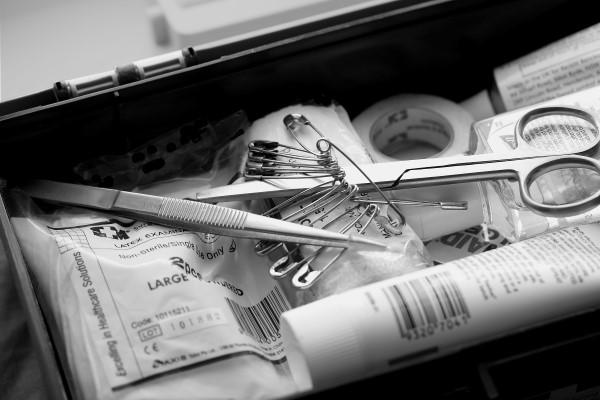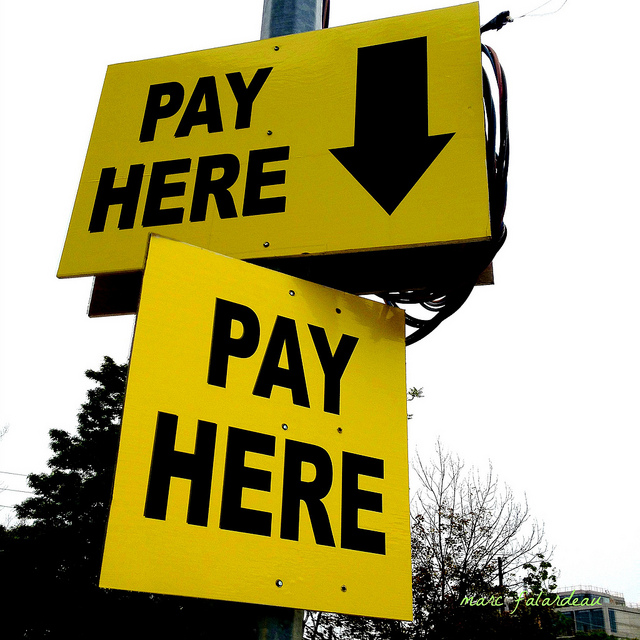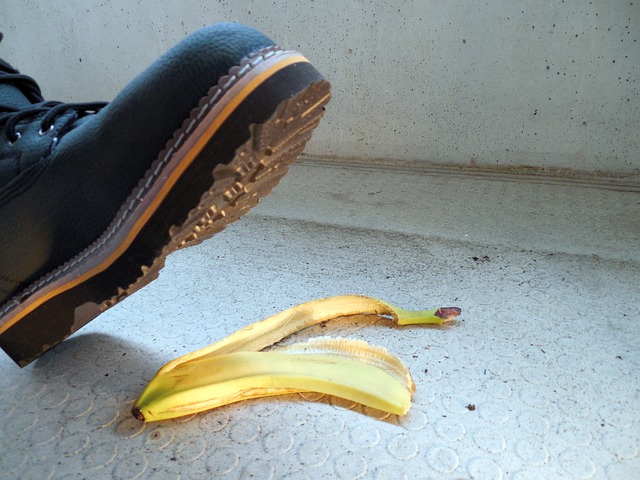What Should You Pack In Your Travel Health Kit?
A travel first aid kit is a great idea for almost any adventure. Since we’ve started traveling, our kit has grown bigger every year. That said, it’s been wonderful to have first aid supplies and basic medications on hand in case of a travel emergency.

Here are some of our best ideas for what to bring along in your travel health kit.
The Essentials
- hydro-cortisone cream (0.5%) for treating skin conditions like poison ivy
- band aids (different sizes)
- gauze (several sizes) and tape
- adhesive bandages (multiple sizes) and adhesive tape
- antibacterial cream (one with an anti-fungal as well is a good idea)
- antiseptic wipes (for example, alcohol or iodine pads) to clean wounds
- moleskin
- disposable gloves
- oral re-hydration salts
- scissors
- tensor bandage for sprains
- thermometer
- hand sanitizer
- tweezers
- prescription medications and prescriptions, if needed. Your prescription medication should always be clearly labeled when entering another country.
- an over the counter pain medication, like Tylenol or Aspirin
- anti-diarrhea medication (like Pepto-Bismal)
You can also buy a premade first aid kit like this one with most of these items already in it for under $20. Nearly all pharmacies and stores carry them as well. If you can, pick one up that has a little extra room in it so you can keep everything together in one handy bag.
Aside from the must have health and safety items, there are a few things that can make your trip a lot more comfortable if you become ill.
Niceties
- cough drops and cough syrup
- cold medication
- anti-histamine tablets
- laxatives
- antacids
- vitamins and herbal supplements
Good to know: Some prescription medications and herbal supplements that are legal in Canada may be illegal in other countries.
Depending on your destination and activities, some other, optional, items may come in handy. Adventure travel activities, especially, may require some of these items.
Optional
- ear plugs
- sun screen
- bug nets
- insect repellent (should contain DEET)
- water purification tablets (or filter)
- extra glasses or contacts, and a prescription
- birth control
Aside from the obvious medications to carry, it’s a good idea to pack some health related documentation as well.
Documentation
- prescriptions for medication
- prescriptions for glasses
- vaccination Certificates
- Provincial Health Care Cards
- travel Insurance contact information, including the policy number.
Tip: You may also want to consider enrolling in the Canadian Government’s Registration Program For Canadians Overseas.
Did you find this helpful? Check out these articles:
- 5 Quick Steps to Prepare for a Medical Travel Emergency
- 7 Easy Steps to Safer Adventure Travel
- Where to Buy Travel Insurance Online – For Canadians






Comments (0)